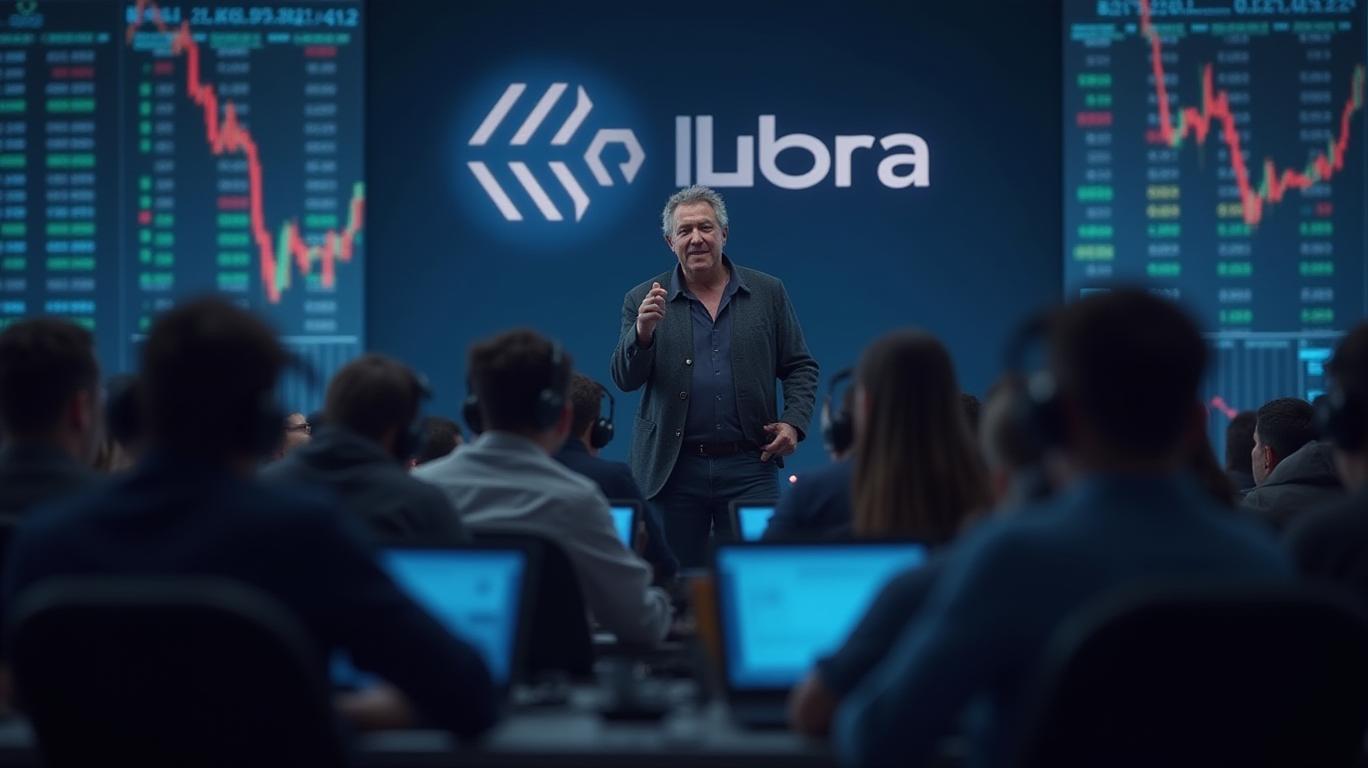"LIBRA Meme Coin Scandal: A $4B Pump and Dump"
The recent LIBRA meme coin scandal has sparked intense discussions about the future and integrity of the crypto space. Meme coins, known for their speculative nature, can serve as gateways for newcomers to understand blockchain technology more deeply. However, the LIBRA incident has raised concerns about the need for greater transparency and responsible token launches.
The LIBRA meme coin scandal illustrates the delicate nature of trust within the crypto realm. An unidentified group created a website for the “Viva La Libertad” project, drawing inspiration from a catchphrase commonly used by Argentine President Javier Milei. This project’s mission was to bolster the Argentine economy by financing small projects and local enterprises through the LIBRA token. However, the rapid launch triggered concerns over the authenticity of the project. The tokenomics were unclear, and the site’s sudden appearance raised red flags for potential investors. Half an hour after the token’s launch, Milei’s social media announcement prompted traders to dive in, blurring the lines between genuine investment and a meme-driven frenzy.
Following Milei’s announcement, LIBRA’s market capitalization skyrocketed to over $4 billion within mere hours. Yet, this meteoric rise proved to be short-lived, surfacing the familiar patterns of a pump-and-dump scheme. As insiders cashed out more than $100 million within the first few hours, the absence of robust tokenomics sent the price tumbling. In the aftermath, public scrutiny intensified, and Milei’s subsequent withdrawal from endorsing the scheme came too late to undo the exposure of this fractured launch. An investigative report by blockchain analytics firm Bubblemaps illuminated alarming connections between the LIBRA launch team and several other dubious projects, reinforcing suspicions of market manipulation.
The fallout from LIBRA resonated throughout the crypto community, with social media platforms buzzing with critiques about the meme coin culture’s impact. Blockchain analyst Pablo Sabbatella voiced concerns about the industry’s trajectory, emphasizing the need for serious introspection and ethical engagement. Ray Chan, CEO of Memeland, reflected on the matter, expressing that while market behaviors often appear extractive, the path forward requires a constructive approach to launching tokens responsibly without losing sight of their intended purpose.
Despite the challenges, the meme coin industry remains in its early stages. Drawing parallels to the inception of Dogecoin back in 2013, Chan emphasizes that although mem 
Quickly understand the history and background of various well-known coins
Latest Articles
Stay ahead of the market.
Get curated U.S. market news, insights and key dates delivered to your inbox.



Comments
No comments yet